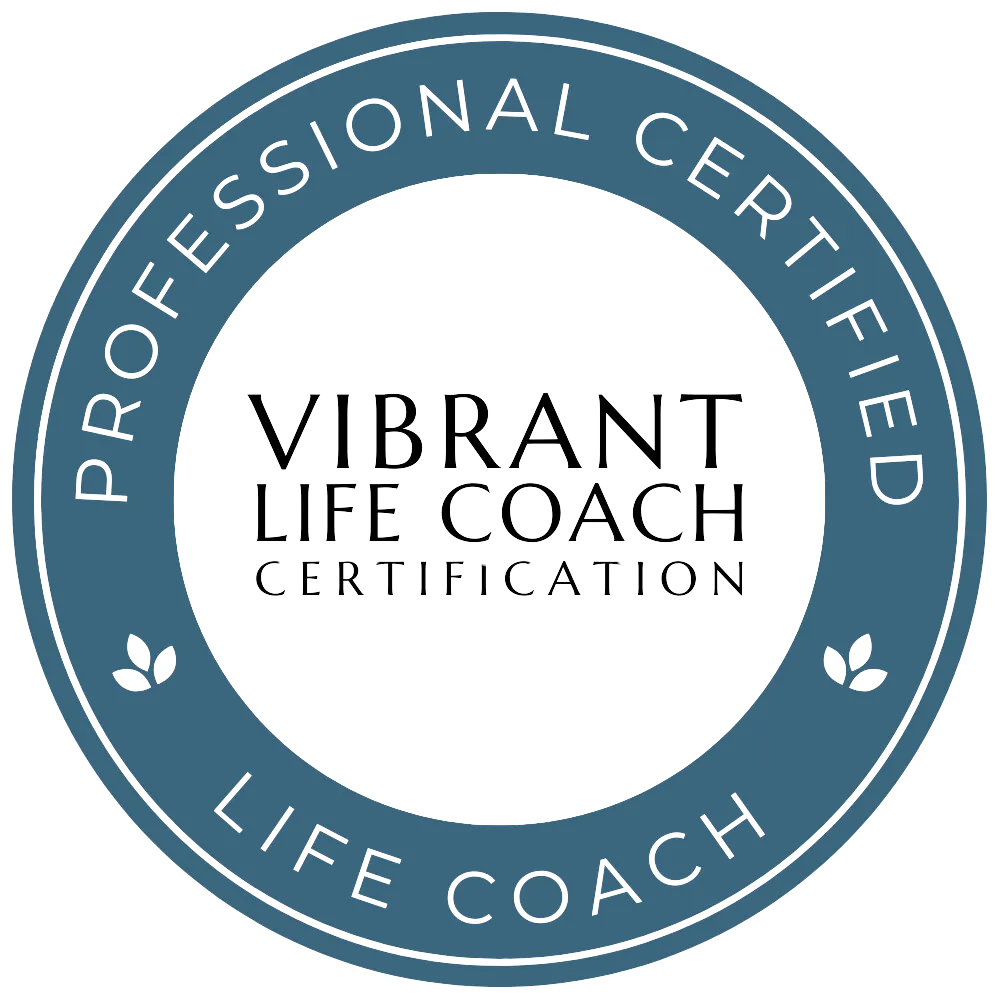The Boundary Boost
Practical advice, insightful strategies, and real-life examples to help you create a balanced and fulfilling life through healthy boundary setting.
Subscribe now to get your weekly boost — direct to your inbox!

How to Stick to Your Goals without Burning Out
If you’re like me, New Year’s Day feels like the first day of school; you’ve got a brand-new composition book with pristine pages just waiting to be filled with your brilliance. A fresh start. A new focus. A new you. The urge is high to set out with all pistons firing, doing all the things and doing them right this time.
But before too long, your hand is getting tired from all the effort of meticulously writing in that book. Your energy starts flagging, you start making mistakes, and you’re losing momentum and motivation. Eventually you burn out and give up before you’ve barely begun.
Setting goals is an essential part of personal and professional growth. Whether you're aiming to advance in your career, improve your fitness, or carve out more time for family, goals provide clarity, direction, and purpose. But the challenge often lies in sustaining motivation and energy without succumbing to burnout.
The good news? It’s possible to stay committed without depleting yourself. Let’s explore how to keep the momentum going while maintaining your well-being.
1. Focus on Progress, Not Perfection
Oh, I know this one well! Recovering perfectionist here, remember? When we set lofty goals, it’s easy to fall into the trap of thinking that anything less than perfect progress is a failure. However, progress is what truly matters.
Shift your mindset by celebrating small wins and recognizing that setbacks are a normal part of any journey. For example, if your goal is to eat healthier, focus on the positive changes you’ve made rather than fixating on the occasional indulgence.
2. Balance Goal-Setting with Rest and Recovery
Sticking to your goals requires an ongoing balance between effort and rest. Think of it like interval training: periods of focused work followed by intentional rest.
Incorporate regular breaks into your routine. This could mean taking short breaks during work, scheduling no-goal weekends, or even planning vacations where you step away from goal-focused tasks altogether. Rest isn’t the opposite of progress—it’s a critical part of it.
3. Set Boundaries to Protect Your Energy
When you’re deeply committed to your goals, it’s tempting to overextend yourself. However, constantly saying yes to everything dilutes your focus and drains your energy. Setting clear boundaries helps you protect the time and energy you need to stay on track.
Boundaries might include:
Limiting how often you check work emails outside of office hours.
Allocating specific time blocks for working on your goals.
Saying no to social commitments that don’t align with your current priorities.
4. Use Energy Cycles to Your Advantage
We all have natural energy cycles throughout the day. Some people feel most productive in the morning, while others hit their stride in the afternoon or evening. Pay attention to when you feel most energized and schedule high-focus tasks during those times.
Here, the focus is on optimizing your output by aligning tasks with your energy levels rather than rigid timelines.
5. Stay Flexible and Adjust as Needed
Life is dynamic, and rigid adherence to a plan can lead to frustration and burnout. Be willing to adjust your goals and methods as circumstances change. Flexibility doesn’t mean giving up; it means adapting to ensure long-term success.
For instance, if you find that your original goal timeline is causing stress, extend it. Remember, the goal is to finish, not to finish fast.
6. Build Emotional Resilience
Sticking to goals requires more than just action—it requires emotional strength. Building resilience helps you navigate setbacks and stay committed when things get tough.
Here are some ways to build emotional resilience:
Practice mindfulness or meditation to manage stress.
Develop a growth mindset by viewing challenges as opportunities to learn.
Surround yourself with supportive people who encourage your efforts.
7. Avoid Overloading Yourself with Too Many Goals
Especially at this time of year, it’s easy to want to do it all, make all the changes—new year, new you, right? But sticking to goals requires discipline in not taking on too much at once. Having too many simultaneous goals can lead to overwhelm and diminished focus. Scaling back actually allows you to build a stronger foundation to enable future success.
Choose one or two key goals to focus on at a time. Once you build momentum with those, you can gradually add more.
8. Create a Goal Maintenance Routine
Once you’ve made progress on a goal, it’s natural to want to immediately take it to the next level. But it’s important to maintain without constantly pushing yourself to the limit. A maintenance routine allows you to sustain your progress while reducing the effort required.
For example, if you’ve achieved your fitness goal of running 5K three times a week, you might shift to a routine where you run twice a week for enjoyment and overall health. This approach helps prevent burnout by balancing achievement with sustainability.
9. Check in with Yourself Regularly
Periodic self-reflection helps you stay aligned with your goals and prevents burnout. These check-ins should be frequent and informal.
Ask yourself:
How am I feeling about my progress?
Is this goal still important to me?
Do I need to adjust my approach?
Regular check-ins help you stay mindful of your emotional and physical well-being as you work toward your goals.
Final Thoughts
While creating sustainable goals lays the groundwork for lasting change (see my previous blog post for more on this, here), sticking to those goals requires a different set of strategies focused on energy management, flexibility, and emotional resilience. It’s about finding the right balance between effort and recovery, staying adaptable, and giving yourself permission to adjust as needed.
By implementing these strategies, you can remain committed to your goals without sacrificing your well-being. Remember, progress is a journey, not a sprint. Stay kind to yourself, celebrate small wins, and keep moving forward at a pace that feels right for you.
You’ve already taken the first step by setting meaningful goals—now, it’s time to stick to them in a way that feels sustainable and energizing. You’ve got this!

Explore
HOME
ABOUT
WORK WITH ME
BLOG
On Social
YOUTUBE
Copyright 2025 | Steph Koenig Coaching | Terms & Conditions

